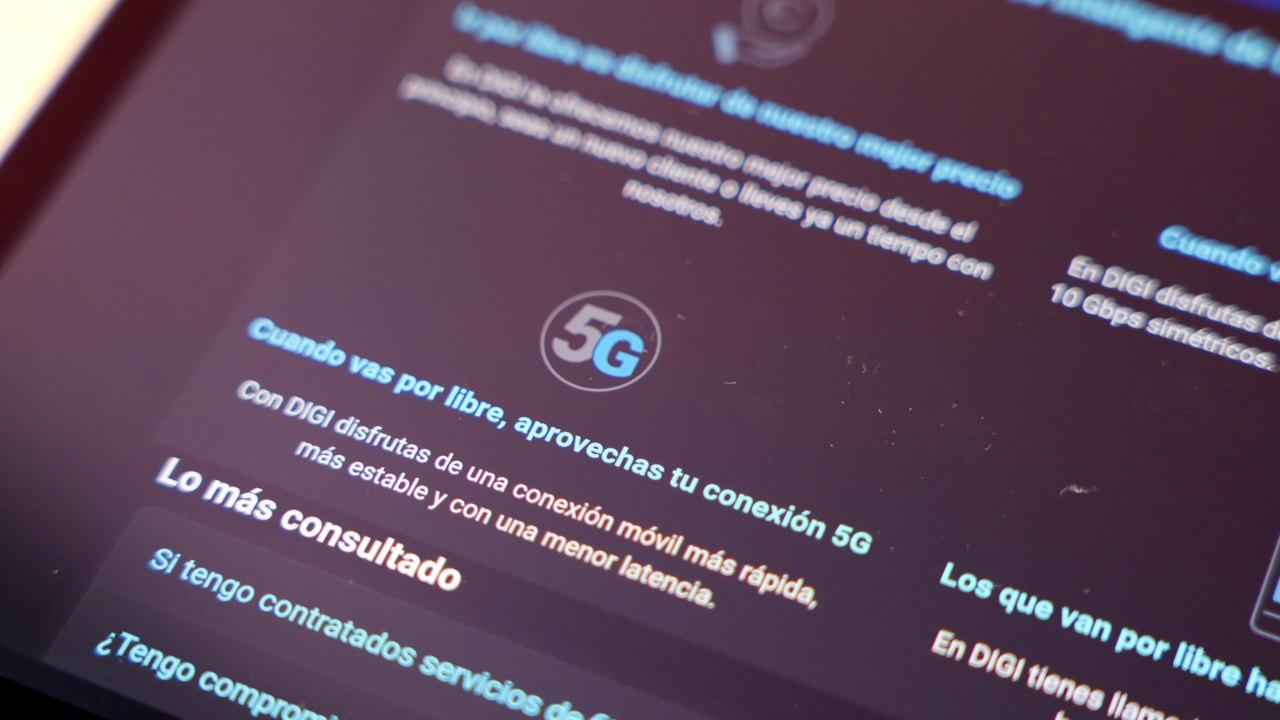A new study involving the use of the video game Tetris shows that a single treatment session can reduce symptoms of post-traumatic stress disorder (PTSD). The research was carried out during the COVID-19 pandemic between September 2020 and April 2022 and involved healthcare professionals in Sweden who cared for patients with COVID-19 and were exposed to work-related trauma. . Their findings have been published in BMC Medicine.
“It is possible to decrease the frequency of intrusive and unpleasant traumatic memories, which in turn can alleviate other symptoms of PTSD. With just one guided session, we saw positive effects that persisted for weeks, and even six months after treatment. Trauma can affect anyone, and if we can achieve this result with a tool as accessible as a video game, it could help many people,” explained Emily Holmes, professor at Uppsala University and leader of the study.
One of the most common symptoms of PTSD is intrusive memories of a traumatic event in the form of mental images, known as flashbacks. Other symptoms include avoidance, excessive tension, and problems such as difficulty sleeping or concentrating. Holmes and his team have been researching how to prevent PTSD for years. In this study, they focused on reducing flashbacks, using a visual task that replaced these intrusive memories and, thereby, decreased other symptoms of the disorder.
How Tetris Helps Reduce Intrusive Memories
The basis of the treatment is “mental rotation”, an essential skill in the video game Tetris. This technique involves imagining what an object would look like if it were rotated from another angle. 164 volunteers participated in the study. The criterion for participation was that the person had at least two intrusive memories per week due to traumatic events that occurred at work.
Participants first monitored their intrusive memories for a week and were then randomly assigned to one of two groups: one played Tetris with mental rotation, while the control group performed a non-visual task, listening to the radio. All participants kept a diary of their flashbacks. At the beginning they had an average of 15 intrusive memories per week. Five weeks later, the control group had an average of five episodes, while those who played Tetris experienced a reduction in their episodes to just one.
Six months later, those in the video game group had fewer severe PTSD symptoms, as assessed with the PCL-5 questionnaire, which is traditionally used to assess symptoms of the disorder. The results showed that this group had about half the problems compared to the control group.
“We were surprised at how effective this method was and that the symptoms improved over six months. Although it may seem unlikely that such a brief intervention – involving a video game and not an in-depth discussion about the trauma – would work, scientifically controlled results demonstrate that a guided digital session can safely reduce intrusive memories,” added Holmes.
Holmes hopes that one day this type of tool will be available to health professionals and others who have experienced traumatic events, serving as a “cognitive vaccine,” similar to the way vaccines are used to prevent physical illnesses. .






